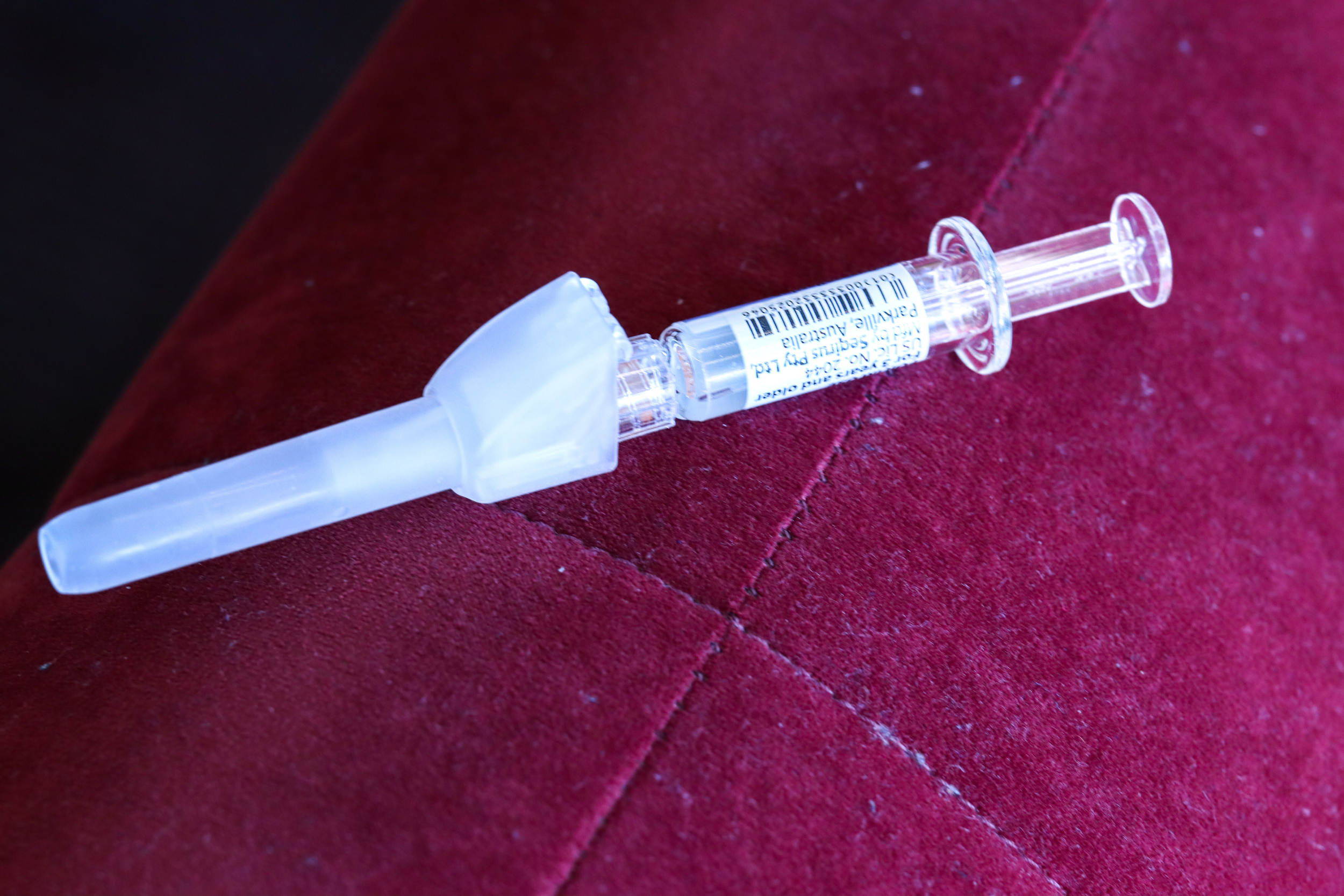The Misinformation “Vaccine”
Written by Sophia Gerrans
Edited by Isabel Louie
During the first three months of the COVID-19 pandemic, misinformation hospitalized 6,000 people, and killed almost 1,000. If the public is unable to discern fact from fiction, it’s not inconvenient: it’s deadly.
Experts use debunking as the first defense against misinformation dissemination. But this is a reactionary tactic, failing to address any harm from the initial exposure. Furthermore, people are more likely to trust the first piece of information they receive, despite subsequent corrections– a phenomenon known as the illusionary truth effect. So instead, some psychologists suggest pre-bunking, which prevents the spread of information through psychological inoculation.
In 1964, American social psychologist WJ McGuire proposed the Inoculation Theory, which represents our belief system as an immune system that is infectible by persuasive appeals. McGuire crafted this theory around a fear that American soldiers were falling victim to propaganda during the Korean War – minds infiltrated like host cells. He believed that, like a newborn’s immune system, soldiers had no mental defenses against these attacks.
So, McGuire suggested a “vaccine for brainwash.” Through exposure to a weakened version of persuasion tactics, a person’s beliefs could be made more resistant. This mirrors how medical vaccines introduce a weakened virus to the body so the immune system can learn to protect itself.
Photos taken by Julia Leavitt (jal569@cornell.edu)
Nothing provided a better testing ground for this theory than the COVID-19 pandemic. In 2022, University of Cambridge psychologists Jon Roozenbeck and Sander Van der Linden investigated the possibility of “vaccinating” people against COVID-19 misinformation.
In the study, patients were taught common manipulation tactics, including false dichotomies or scapegoating. They were then presented with instances of these tactics in humorous examples, like Family Guy clips. The clips were designed to be overexaggerated examples that simulated a “weakened” state of persuasion. Roozenbeck and Van der Linden then tested the “vaccines’” efficacy against social media posts that potentially contained misinformation. They found that “vaccinated” patients successfully identified the presence of manipulation tactics. Additionally, they were significantly less likely to share false information, or spread the “virus”.
A misinformation vaccine is needed now, more than ever, as over 80% of UN Global Risk experts report that misinformation is a global threat. Roozenbeck and Van der Linden’s study offers a reality where people vet the information they receive, making safer decisions in what they share.
Despite this initial promising data, researchers like Dr. Lena Frischlich argue that relying solely on the virus model is a dangerous oversimplification. Published in October 2025, Frischlich’s paper asserts that the traditional model ignores the different structures of societies, like social groups, social media, and state actors. The virus model provides an important foundation for understanding the spread of information, but overreliance can lead to shoe-horned perspectives on how to best tackle misinformation. Frischlich concludes that we must take a more systematic approach to misinformation.
Misinformation is a parasite of individuals and the systems they inhabit. The misinformation vaccine offers hope, but not a cure. The real fight against misinformation must be layered, built out of an understanding of psychology, politics, and social structures. Building herd immunity requires we strengthen minds, and the systems they belong to.
Sophia Gerrans ’27 is in the College of Agriculture and Life Sciences. She can be reached at sg2388@cornell.edu.


